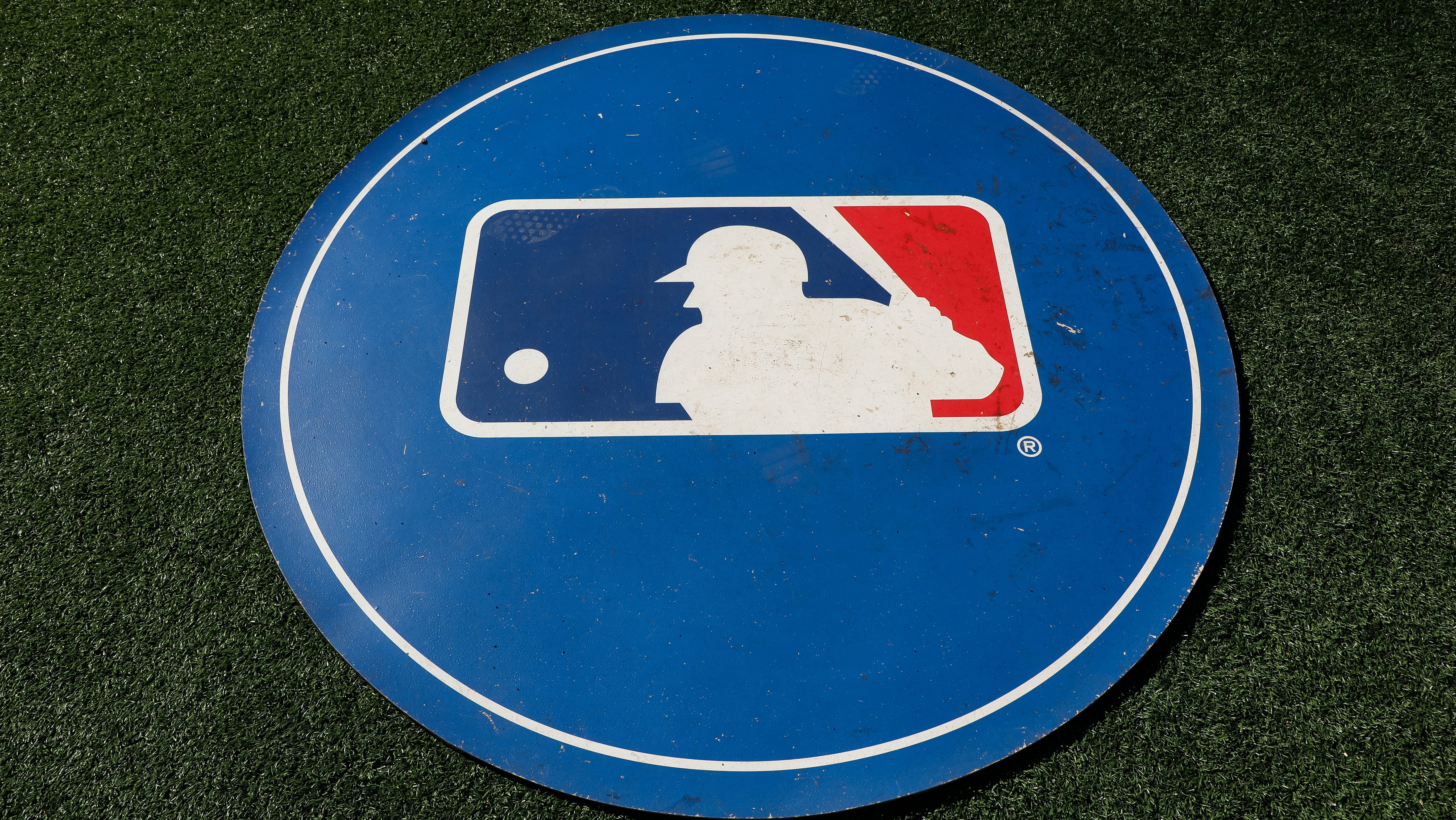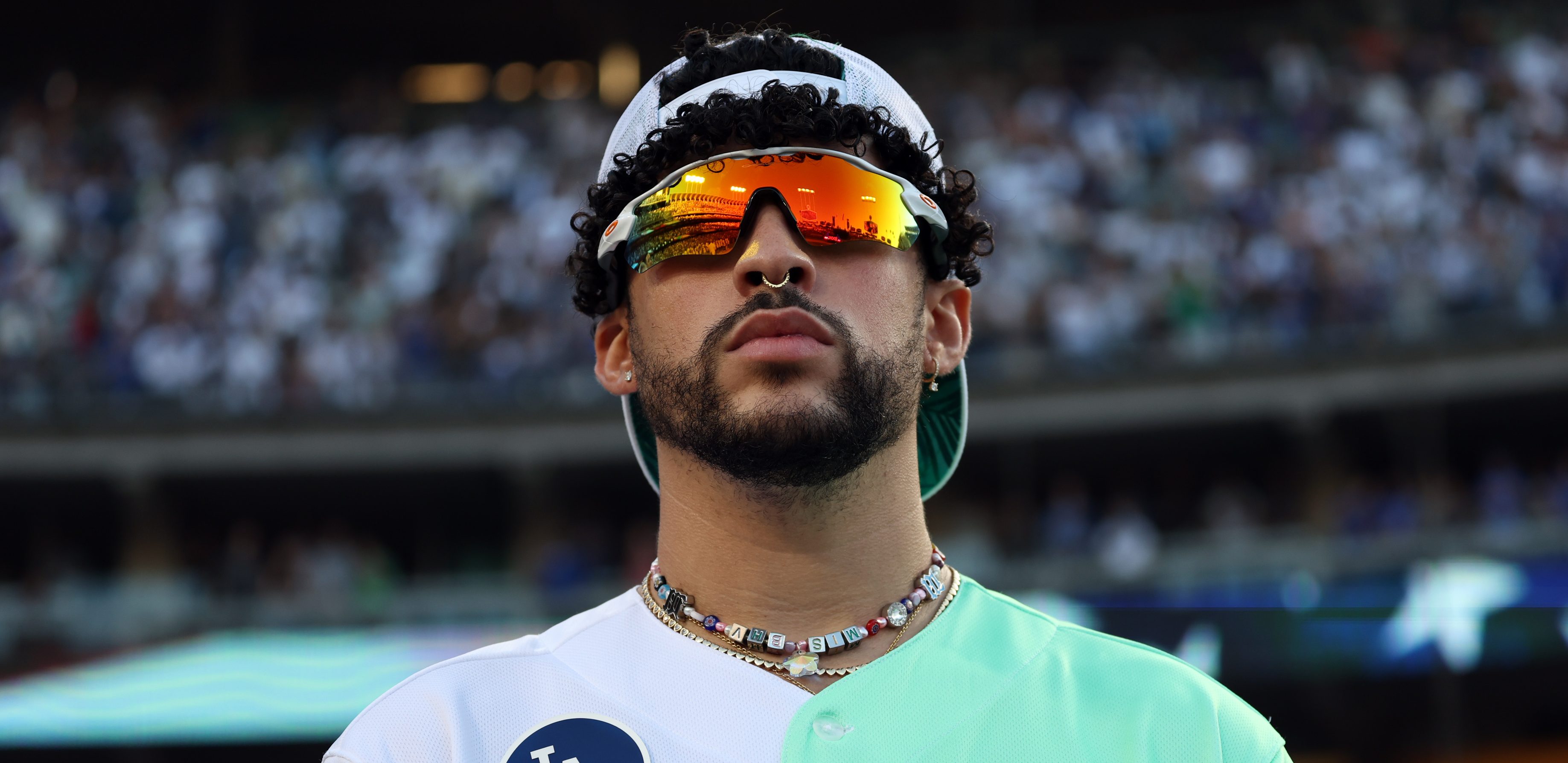"It’s the dumbest rule we’ve ever put in."
That’s the assessment of the typically mild-mannered Joe Girardi regarding the new rule for the 2020 season that pitchers must face a minimum of three batters or finish an inning before being removed from a game. While intelligent minds can disagree on the merits of the rule, it’s safe to say that it failed in its mission. Games were not played faster in 2020. In fact, the average nine-inning game was slightly longer than the season before.
While shortening the length of games is a noble pursuit, the greater concern facing Major League Baseball is restoring the game’s essence. For years now, team executives in their zeal to find the most efficient way to win have squeezed the joy from the sport.
Stay in the game with the latest updates on your beloved Philadelphia sports teams! Sign up here for our All Access Daily newsletter.
The culmination of this years-long slide into the abyss came in Game 6 of this year’s World Series when the Rays lifted former Cy Young winner Blake Snell with one out in the sixth inning of a game Tampa Bay led 1-0. Snell had struck out nine Dodgers batters to that point with just 73 pitches. It was a move instigated by a spreadsheet and not by anything visible to the eye. The Dodgers would go on to plate two in the frame, eventually winning the game and the title.
It is a moment that sparked a great deal of debate amongst baseball fans. But I’d argue the outcry was less about a failed piece of managerial strategy and more about a denigrating of sports itself. We, the fans, invest time and money in this product to witness the pursuit of excellence, not to see a team find the most efficient way to accumulate 27 outs.
This is where the contrarian chimes in and says it’s the job of a team to win, not to entertain. Perhaps. We certainly know teams will prioritize the objective (winning) over the subjective (entertaining). But what is not debatable is that it’s the job of the league to ensure the product is compelling and entertaining.
In that area, MLB now finds itself at a crossroads, just as the NBA did nearly 70 years ago. Decades before analytics departments became an entity, some basketball teams managed to figure out that their chances of defeating better competition improved by holding the ball. Limit the possessions, limit the scoring and try to win 19-18, as the Pistons did to the Lakers in 1950. There was also the game that went six overtimes between Rochester and Indianapolis with only six total shots in overtime, one for each extra frame. Fans and media quickly rebelled at what now might be called an innovative attempt to improve a team’s win percentage by utilizing unique strategic protocols, so the league implemented the 24-second shot clock to ensure the sport remained a sport.
MLB
So what can MLB do that would restore the game’s essence in a similar fashion? I’m glad you asked.
Let’s start by agreeing that the universal designated hitter is here to stay. Love it or hate it, it’s hard to envision that bell being un-rung.
All of this modern strategy comes down to pitching usage. We have the baseline for a quality start established as six innings pitched. So let’s make a rule that ties the designated hitter to a quality start. If a starting pitcher fails to go six innings, a team loses the designated hitter for the rest of the game. Furthermore, that spot in the lineup must be occupied by a pitcher for the rest of the game. No pinch hitters.
Even if the starter makes it through the sixth inning, a team loses the designated hitter if it uses two or more pitchers in any half-inning. This would tackle the issue of never-ending pitching changes in the late innings. Once again, no pinch hitters. A pitcher has to hit in that spot and a DH cannot transition to the field once the game starts.
This would undoubtedly change the calculus for analytically-inclined organizations. Is it worth it to use an opener and effectively play nine hitters vs. eight hitters for the rest of the game? Do I let my struggling starter go one more inning to keep the DH intact? Do I put a better hitter in the field to make sure that I don’t lose him if my pitcher struggles?
This rule would dramatically increase in-game strategy while restoring the entertainment value of seeing the world’s best players pursuing excellence rather than the never-ending march of the relievers
Furthermore, MLB should consider creating a panel of individuals with no ties to teams that focus solely on rule changes that stay ahead of the organizations that place winning above the soul of the game. The last two decades have proven that is a full-time job.
Subscribe to the Phillies Talk podcast:
Apple Podcasts | Google Play | Spotify | Stitcher | Art19 | Watch on YouTube


